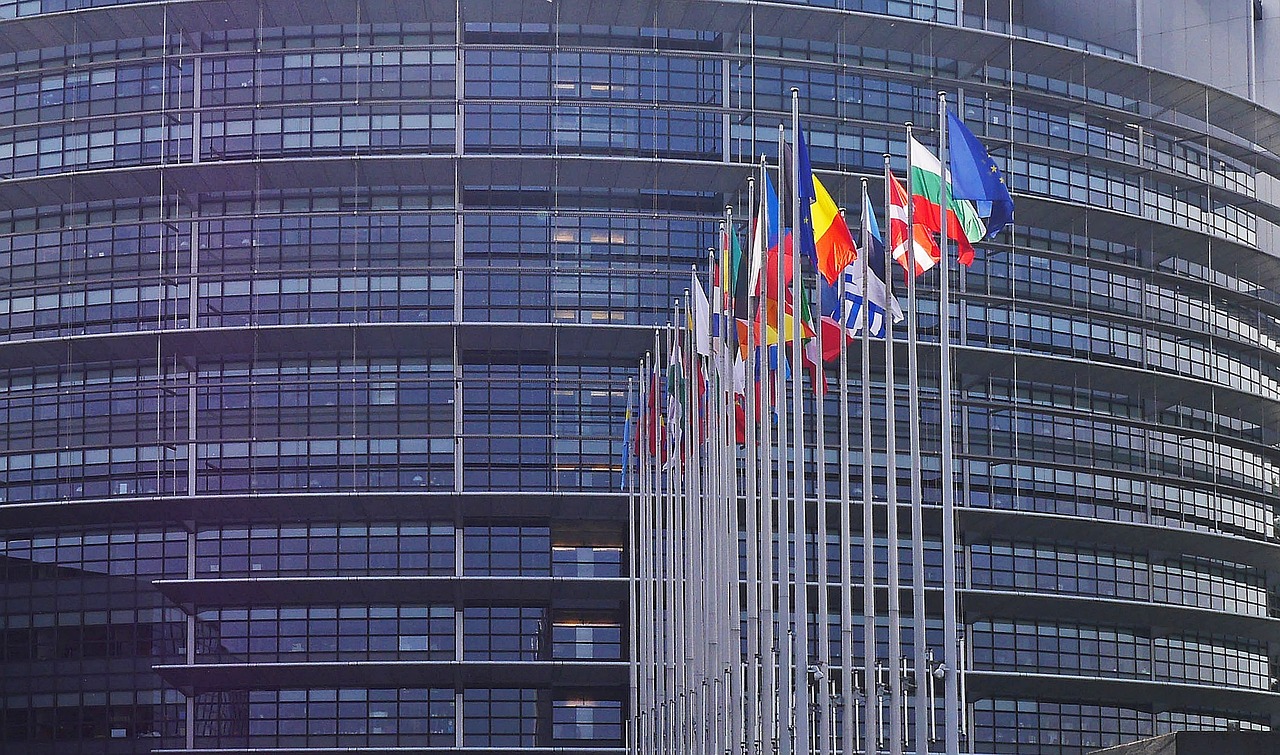It has been 20 years since Poland’s accession to the European Union. This milestone invites a period of reflection to evaluate how the economy and society have transformed over these years.
Twofold Gain
A positive implication of our country’s membership in the European Union is the economic gains. Today, we are twice as wealthy as we were 20 years ago. According to purchasing power parity, our GDP per capita has increased by over 115 percent. This growth outpaces that of any other large country in the EU. Only Romania and small European financial hubs like Cyprus or Ireland can match us. In comparison, the Czech Republic saw the same growth at 41 percent, and Germany at 21 percent last year.
Higher Salaries
Over the past 20 years, our salaries have more than tripled. The average Pole earned about 2400 PLN gross in mid-2004, while today, it stands at over 8000 PLN gross. In 2004, the average German earned about 6.4 times more than a Pole – our monthly salary was equivalent to less than 500 euros, while a German’s was over 3000 euros. Currently, the difference in wages between our country and Germany still exists but is significantly lower – at 3.4 times. While our average monthly gross wage is equivalent to about 1600 euros, in Germany, it is over 5000 euros. A similar wage difference – three times – exists between Ukraine and Poland.
GDP Up by 40 Percent
Estimates from various research centers are clear and show that had we not joined the EU, Poland’s GDP could have been 40 percent smaller. With each anniversary, these values increase, as the impact of trade, European funds, and legal harmonization becomes increasingly significant for our economic exchange. No country in the region has benefited as much from EU enlargement as Poland. The free, common market has made Polish exports of goods and services today three times larger than when we joined the EU. They account for two-thirds of our GDP (63 percent), which is over a trillion zlotys annually. Additionally, we have recorded a positive foreign trade balance in subsequent years. Market opening has also allowed Polish companies, especially in construction, to participate in tenders throughout the EU on equal terms.
Following the accession in 2004, direct foreign investments in Poland significantly increased. In recent years, we have been a leader in attracting them. To date, foreign capital has invested an amount equivalent to 39 percent of Poland’s GDP. Considering the size of our economy, this number is twice as high as in China, where it was 21 percent. By bringing their know-how, creating a supplier ecosystem, and enabling spin-offs founded by Poles, these investments have boosted economic growth dynamics.
Open Borders and a Common Labor Market
2007 was also an important step for European integration when Poland joined the Schengen Agreement. In 2021, 190,000 Poles crossed the border to work in another EU country, mainly in Germany, but also in countries like the Czech Republic. Poles have become the third largest group of economic migrants in the EU. More people live in France but work in another member country – 424,000 do so, and in Germany, 213,000. Across the entire Union, it amounts to 1.6 million people.
Piotr Arak, Chief Economist at VeloBank
